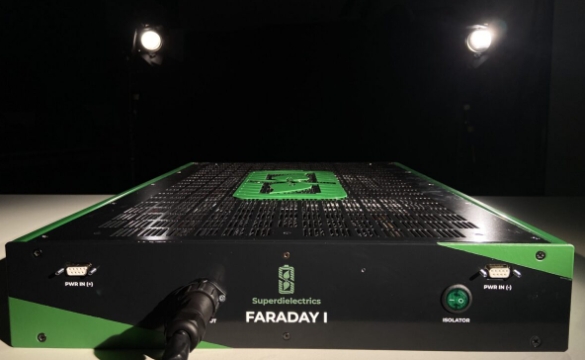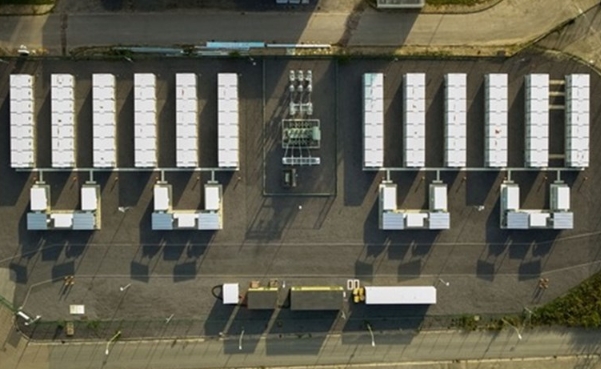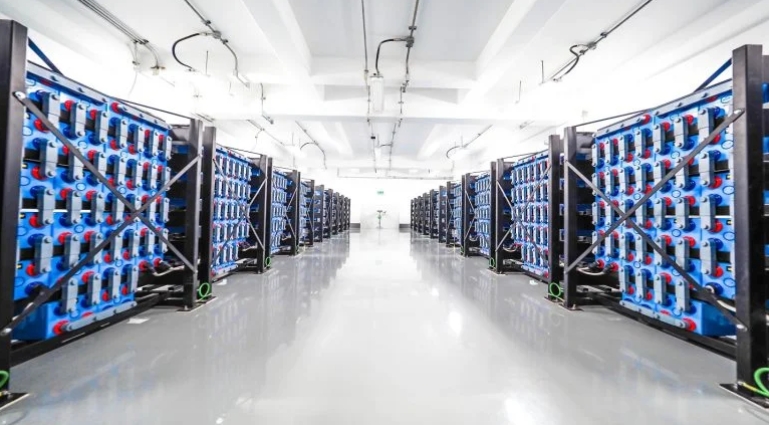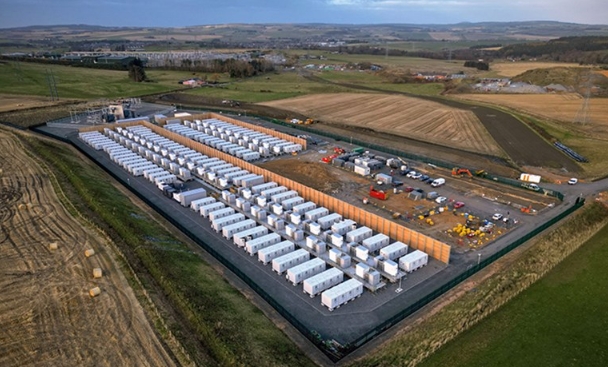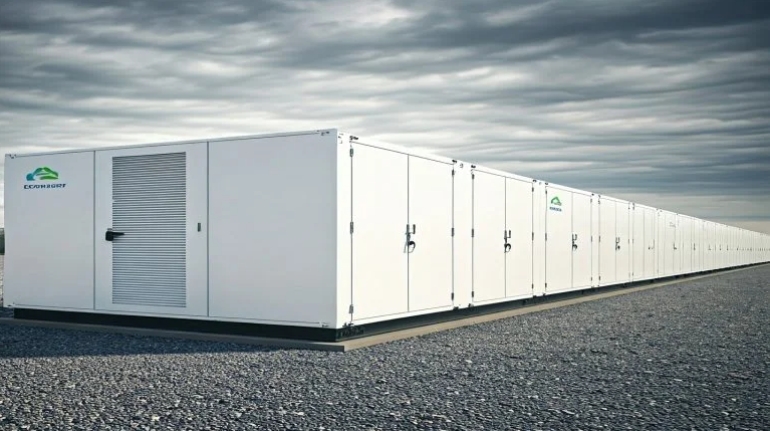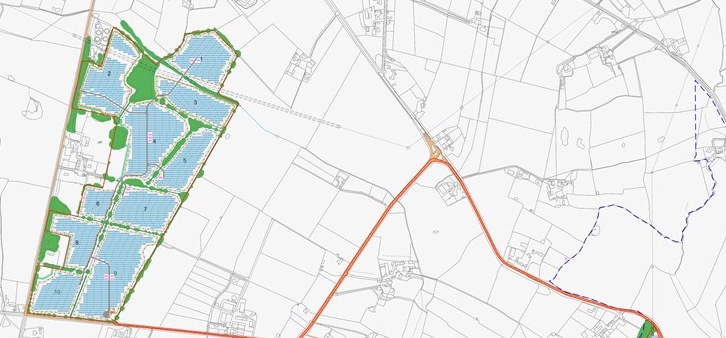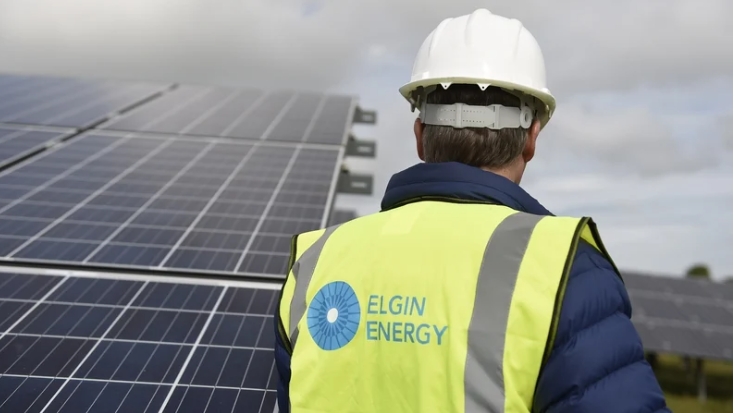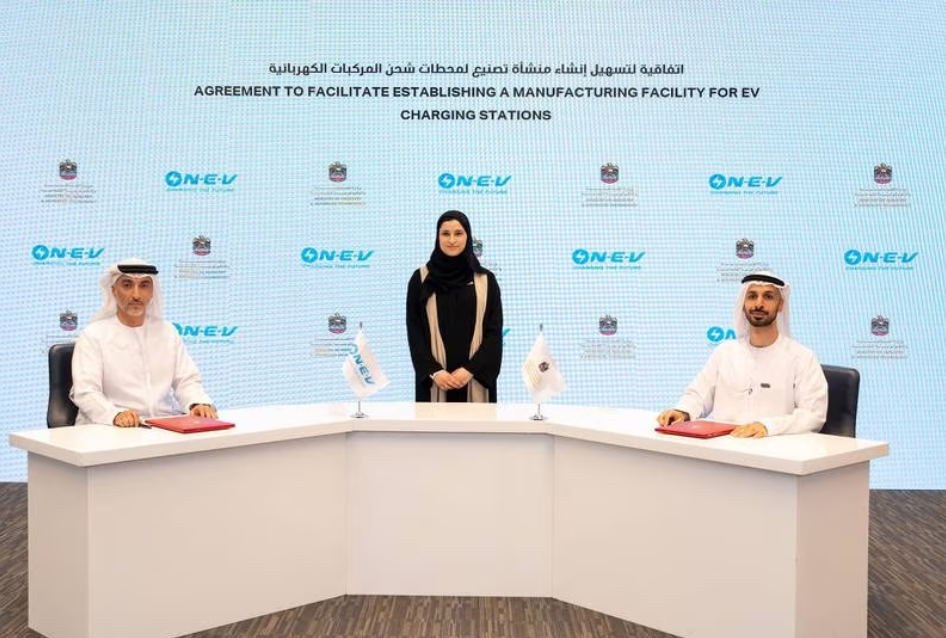
Shahin aims to meet 40 per cent of the UAE’s “direct current” charging demand by 2030 as the Arab world’s second-largest economy aims to become net zero by 2050, the Ministry of Industry and Advanced Technology said on Thursday.
The factory will develop EV charging infrastructure through pre-negotiated offtake contracts.
“By actively contributing to the development of a robust EV ecosystem, this partnership will have a meaningful impact on our sustainability and decarbonisation agenda, while at the same time supporting local and advanced technology-driven economic growth,” said Tariq Al Hashimi, director of technology adoption and development at the ministry.
Demand for EVs in the UAE has continued to rise and is projected to grow at a compound annual rate of 30 per cent between 2022 and 2028, according to the global electric mobility readiness index published last year.
A report by consultancy Arthur D Little ranked the country eighth globally in terms of electric mobility readiness.
Electric vehicle sales are rapidly increasing in the UAE, with EVs making up more than 1 per cent of the overall car market in the country, the Minister of Energy and Infrastructure said this week.
“This is the tip of the iceberg. The options for those who are going to own an EV have increased significantly with aggressive competition from Europe, the US and also from … China, [South] Korea, Japan and others,” Suhail Al Mazrouei told delegates at the Electric Vehicle Innovation Summit in Abu Dhabi.
The Emirates has increased the number of charging stations in the country by about 60 per cent to 800 in the past three years, Mr Al Mazrouei added.
As part of MoIAT's initial agreement with Shahin, the company will also focus on research and development in partnership with local higher education institutions, which will contribute product and software localisation and create opportunities for young Emirati talent through apprenticeships and job opportunities.
“This collaboration represents a significant milestone in the UAE's journey towards a greener future, firmly establishing the country as a regional leader in the development and production of cutting-edge EV charging infrastructure,” said Ramzi Kuhail, chief executive of NEV Enterprise.
Globally, electric car sales are expected to surge by 35 per cent this year, helped by government subsidies and the tightening of carbon dioxide emissions standards, according to the International Energy Agency.
Electric car sales are projected to reach 14 million this year, from 10 million last year, the Paris-based agency said in its Global Electric Vehicle Outlook in April.
